Political horse-trading is expected to dominate the next 24 hours as the Lib Dems talk to the Tories first leaving Labour hoping the discussions break down.
Cameron said that any deal with the Lib Dems would have to recognise the need to tackle the public deficit as he made a “comprehensive offer” to Nick Clegg to join forces to deal with the “poisonous legacy” of Labour.
The lack of a mandate from the electorate is a double-edged sword for the construction industry as deep cuts in public spending are likely to be delayed while the overall economy could be hit by uncertainty in the financial markets.
One industry observer said: “One thing is for sure is that the speed of any spending cuts will be slowed down by a hung Parliament.
“The Tory party was talking about an emergency budget within 50 days but that would be a big ask now if its best outcome is a minority government.
“Local issues will also be very important with any grip on power being so tenuous so it will be much harder to stop building schools and hospitals if local opposition flares-up.
“The other side of the coin is the general economy which could be hit by this result and stall the fledgling private sector recovery which is so important for the industry.
“Local politicians in Scotland and Wales will also gain more power as their support for any coalition government will probably be conditional on maintaining public investment in the regions.”
The current vote stands at: Conservative 302, Labour 256, Liberal Democrat 56, Others 27 with 326 seats needed to win a majority.





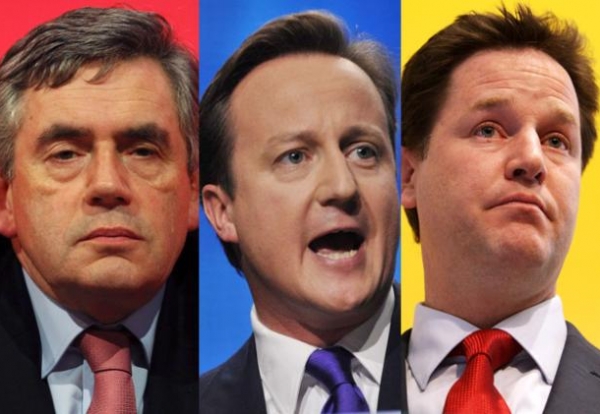

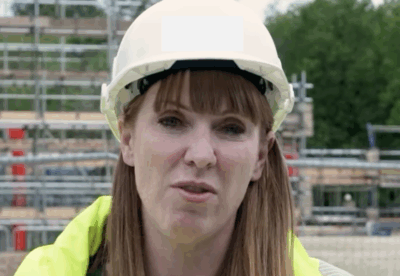
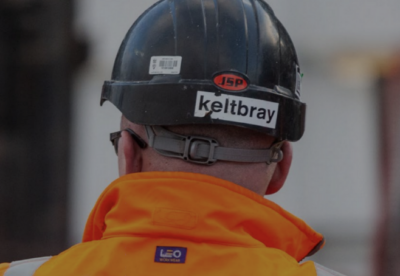





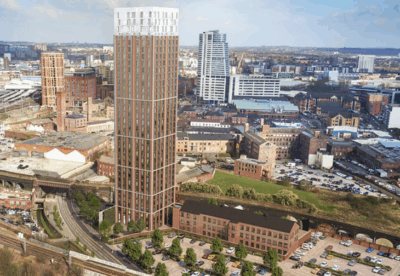




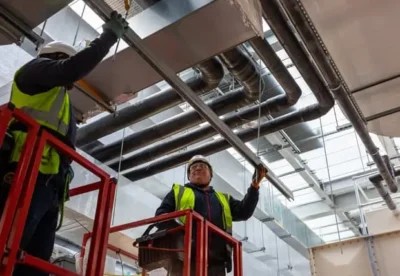


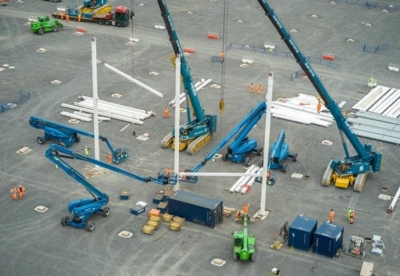

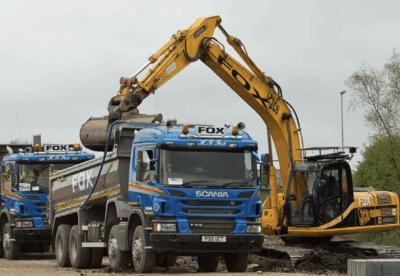


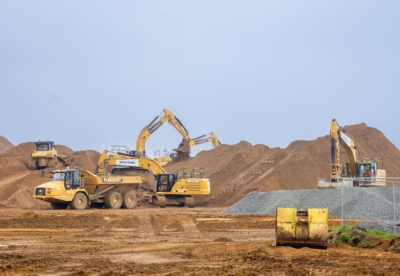
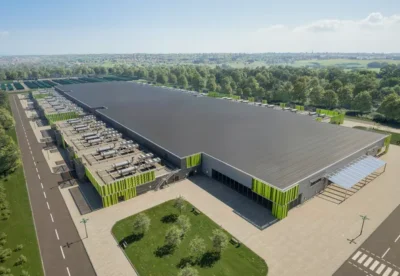

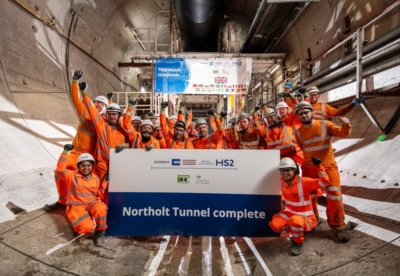

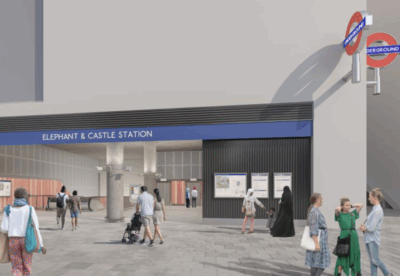

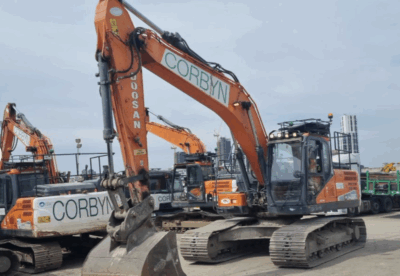




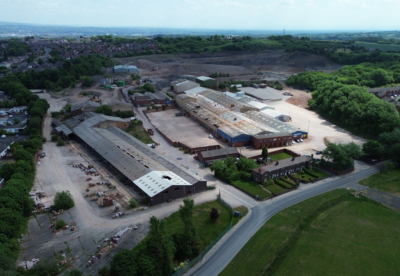
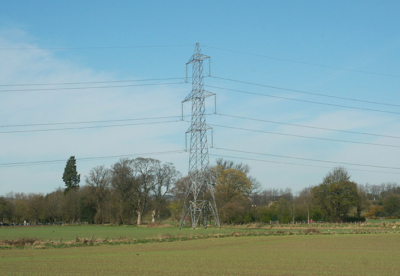




 (300 x 250 px) (2).png)








